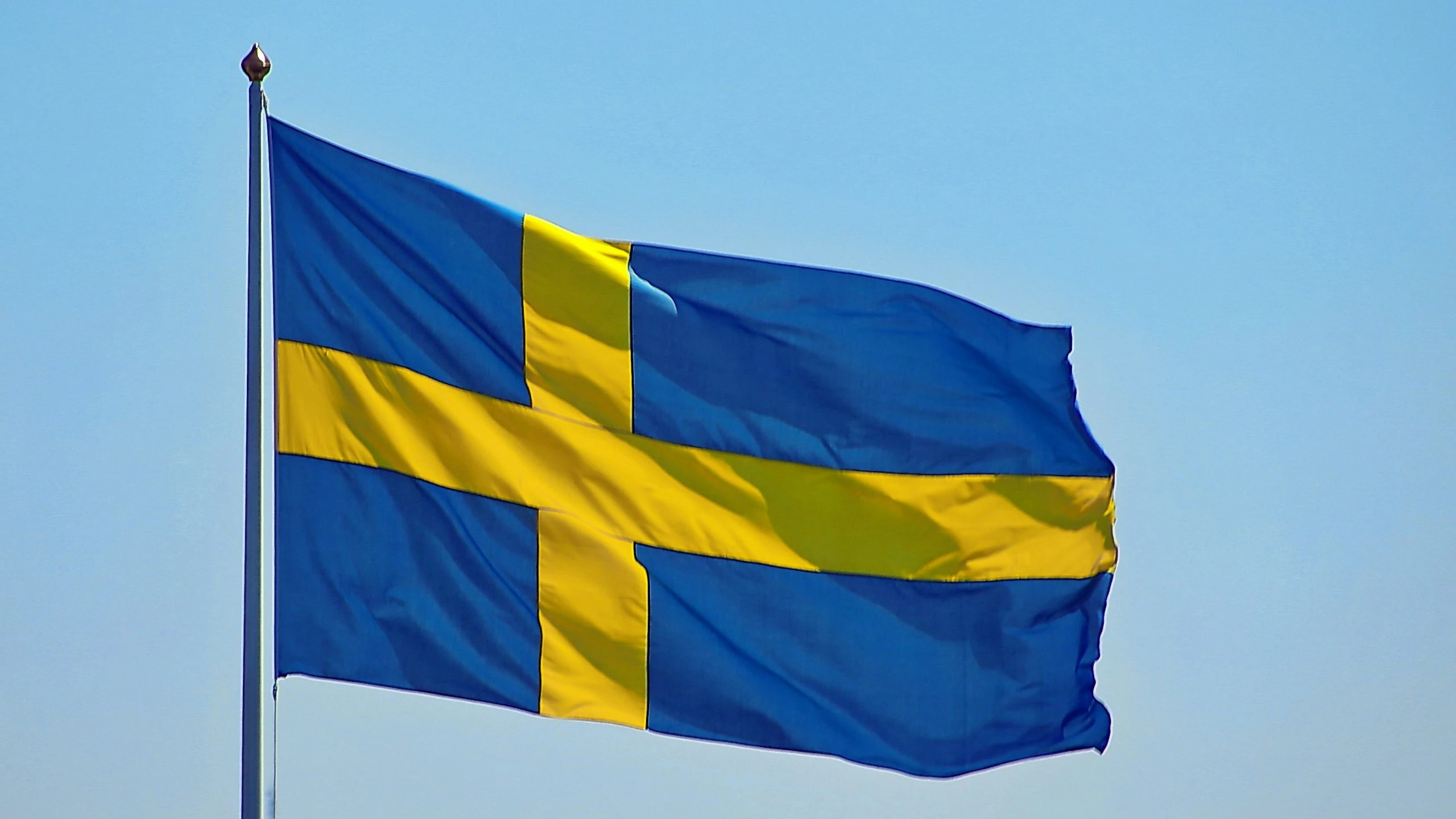Majority of gamblers don’t know the difference between legal and illegal sites in Sweden

In a survey conducted in April by Enkätfabriken on behalf of Swedish gambling regulator Spelinspektionen, 72% of respondents said they could not tell which products were licensed versus unlicensed in the market.
However, when asked what an important factor was when choosing a gambling operator, 42% said that holding a local licence was important, up from 28% in the previous year’s survey.
When asked if they thought playing with a licensed operator would benefit the player, the survey was split, with 47% saying yes and 47% saying they don’t know. The other 6% said there was no advantage.
Notably, younger respondents were less conscious of using licensed gambling brands. Only 27% of those aged 18 to 19 said they would choose an operator based on whether they were licensed in Sweden.
Comparatively, of those aged 65 years or above, 52% felt a local licence was necessary.
Carried out in November last year, the survey had 1,644 total respondents. This was split between 53% males and 47% females. Of that number, 1,164 had gambled within the last 12 months.
Government should strengthen licensed operators
When asked, the main reasons provided for not playing on unlicensed websites were fear of non-payment, insecure data handling and higher risk of gambling problems.
However, 8% of those surveyed said they played on illegal sites to avoid paying taxes on winnings.
Speaking to iGB, Gustaf Hoffstedt, secretary general for Swedish gambling trade body BOS, said not enough players can see the advantages of playing via licensed operators.
He called on the government to “strengthen licensed gambling companies’ ability to provide the most attractive gambling offers”.
“And the industry must, together with the SGA, talk more about the advantages of playing licensed.”
Hoffstedt said Spelinspektionen had previously investigated whether to offer a seal of approval to licensed sites to increase their awareness. However, these plans were scrapped as the seal could be imitated by illegal operators.
“However, it is common for licensed gambling companies to display the SGA logo on the gambling company’s landing page, as a marker for safe and secure gambling,” Hoffstedt said.
Channelisation rate dropping in Sweden
Swedish horseracing operator ATG said in a Q4 report on illegal gambling, that online channelisation in Sweden was between 69% and 82% across the entire market.
The Swedish regulator has long aimed for a channelisation rate of 90%, but a loophole in its gambling law has enabled illegal operators to target players in English, instead of Swedish and using euros instead of the local currency.
In February, the government commenced a review of gambling regulations to solve this issue. But Hoffstedt has said it will be unlikely to solve the issue of a dropping channelisation rate in the country.
Gambling from home
According to the survey, the vast majority of gamblers (91%) gambled online from home, up slightly on 2023’s reported 85% of players.
Retail gamblers, excluding casino, accounted for 18% of those surveyed, down from 21% year-on-year. Meanwhile on-premises casino gamblers were just 2% of those surveyed, unchanged from the previous year.
Land-based casinos in Sweden will be scrapped shortly, following a decision in April to close Svenska Spel’s final land-based casino, as the channel no longer served a purpose.
Self-exclusion awareness
Three out of five of those surveyed said they were aware of the national self-exclusion platform Spelpaus.se.
However, only 6% said they had used the service, while 34% were unaware of its existence.
Awareness of the register was lower among female gamblers, with 43% reporting they were not aware of it at all, while 26% of men were not aware.
When asked why self-excluders had blocked their access to legal gambling sites, 63% said they were playing too much, while 36% said they were tired of seeing gambling adverts.
Social gambling declines
While playing for entertainment remains the larger reason why people chose to gamble, playing for social reasons or as a hobby was cited by 12% of those under 29 years of age.
Playing for social reasons declined to 7% for the 30-to-49 age group and down to 4% for those over 65 years old.
For the total group, playing for fun and entertainment was the main reason they gambled, with 69% stating so, up from 61% the previous year. To win large amounts of money was the reason for 40% of those queried, also up from 30%.
Gamblers looking to make money accounted for 15% of those questioned. This number is down from 18% the previous year.
In 2024’s survey, 11% of respondents reported that the range of gaming products offered was an important factor in their choice, down from 33% the previous year.
Sports betting activity increases in 2024
Only 3% of gamblers did so every day in 2024, with 33% reporting that they gambled every week. Meanwhile 28% said they did so once a month.
The majority of players (84%) said they gambled on the lottery or via number games. This was up from 2023 when 74% played mostly lotteries.
Sports betting also increased its player base from 15% to 19% in 2024. Football and ice hockey remained the most popular sports to bet on in Sweden. Online casino betting was up 2% year-on-year to 12%.
Of those that had not gambled in the last 12 months, nearly half of respondents (45%) said they never won. However, only 4% said they had stopped after losing significant amounts.
